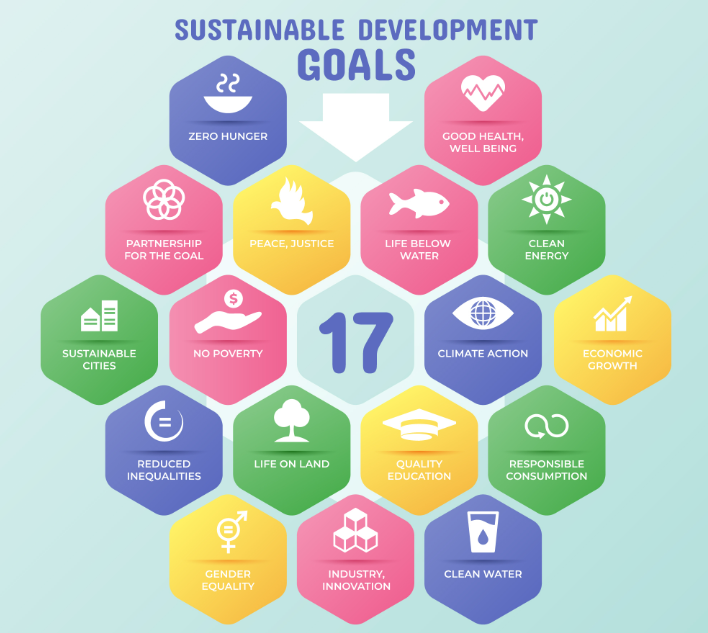India’s First Grain ATM Launched in Odisha (GS Paper 2, Government Policies/Initiatives)

Introduction
- On August 8, 2024, the state of Odisha unveiled its first Grain ATM, a cutting-edge technology aimed at transforming food distribution under the National Food Security Programme (NFSP).
- This initiative is a key component of the central government's Annapurti program, developed with support from the World Food Programme (WFP).
- The introduction of this machine marks a significant step towards enhancing food security and efficiency in the region.
What is a Grain ATM?
Grain ATMs are automated systems designed to dispense food grains directly to beneficiaries. They are part of a broader effort to modernize and streamline food distribution processes. The concept, which gained traction during the COVID-19 pandemic, leverages technology to improve accessibility and reduce administrative burdens. Here are some key aspects:
- Automation: Grain ATMs automate the dispensing of food grains, reducing the need for manual intervention. This helps minimize human error and corruption in food distribution.
- Biometric Security: Some models incorporate biometric systems, such as fingerprint or retina scanners, to ensure that only authorized individuals can access the food supplies. This adds a layer of security and helps prevent misuse.
- Nutritional Enhancement: Many Grain ATMs are equipped to dispense fortified grains, which are enriched with essential vitamins and minerals, thereby improving the nutritional value of the food distributed.
- Efficiency: The use of these machines helps reduce food waste by providing precise quantities of grains and streamlining the supply chain from storage to distribution.
Key Features of the Grain ATM in Odisha
The Grain ATM introduced in Odisha boasts several advanced features aimed at improving food distribution efficiency:
- 24/7 Access: Unlike traditional ration shops with limited operating hours, Grain ATMs are available around the clock. This ensures that beneficiaries can access their food supplies at any time, making it more convenient for people with varying schedules.
- Universal Access: The ATM is accessible to anyone with a valid ration card issued anywhere in India. This universal access ensures that even those who have moved or are traveling can obtain their food supplies without hassle.
- Fast Dispensing: The machine is designed to dispense up to 50 kilograms of grains within just five minutes. This rapid dispensing capability is complemented by a high accuracy rate of 99.99%, ensuring that the correct quantities are provided.
- Modular Design: The Grain ATM features a modular design, allowing for easy assembly and relocation. This flexibility makes it possible to set up the machines in various locations based on demand and accessibility needs.
- Energy Efficiency: The machines are energy-efficient and can be powered by solar panels. This sustainable approach not only reduces operational costs but also supports eco-friendly practices.
Partnership with WFP
The successful launch of the Grain ATM in Odisha is the result of a collaborative effort between the state government and the World Food Programme (WFP). The WFP’s involvement has been crucial in:
- Technical Support: Providing expertise in the development and implementation of the technology.
- Resource Allocation: Assisting in the provision of resources and funding for the initiative.
- Monitoring and Evaluation: Helping to monitor the performance of the ATM and evaluate its impact on food distribution and security.
The initial trial of the Grain ATM in Mancheswar has shown promising results, and plans are underway to expand the deployment across other parts of Odisha. This initiative aligns with global goals for fair and efficient food distribution and aims to strengthen the state's food security infrastructure.
National Food Security Act (NFSA)
Enacted in 2013, the National Food Security Act (NFSA) is a landmark piece of legislation designed to ensure food security for a significant portion of the Indian population. The Act provides:
- Subsidized Food Grains: Approximately two-thirds of the Indian population is entitled to receive subsidized food grains. This includes 75% of the rural population and 50% of the urban population.
- Nutritional Support: The Act includes provisions for additional nutritional support for pregnant women, lactating mothers, and children, acknowledging the right to food as a fundamental human right.
- Monthly Ration: Eligible individuals receive 5 kilograms of food grains per person each month, which helps in stabilizing food intake and reducing hunger.
Annapurti Initiative
Launched in 2021, the Annapurti initiative is a comprehensive program aimed at improving food security and nutrition. Its objectives include:
- Improved Food Access: The initiative seeks to enhance access to nutritious food for underserved populations, ensuring that people have sufficient and healthy food options.
- Technological Integration: By incorporating modern technology into food distribution systems, the initiative aims to make the process more efficient and less prone to corruption.
- Local Food Production: The program supports local farmers by promoting sustainable agriculture and reducing dependency on external food sources.
- Education and Awareness: Annapurti focuses on educating farmers and the public about good nutrition and sustainable farming practices.
- Eco-Friendly Practices: Emphasizing environmentally friendly farming methods, the initiative contributes to overall sustainability and helps in tackling issues related to climate change and food security.
Way Forward
- The introduction of the Grain ATM in Odisha is a notable advancement in leveraging technology to enhance food distribution systems, aligning with broader goals of food security and nutritional improvement in India.


